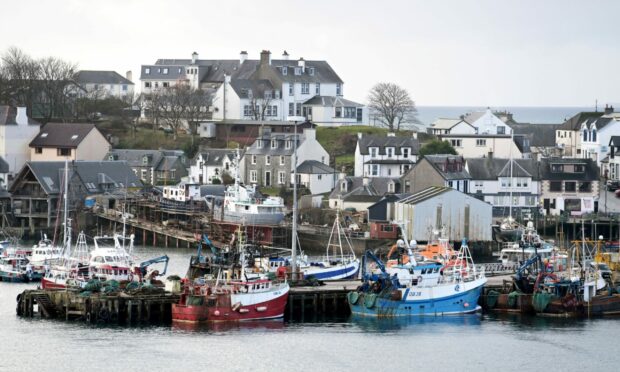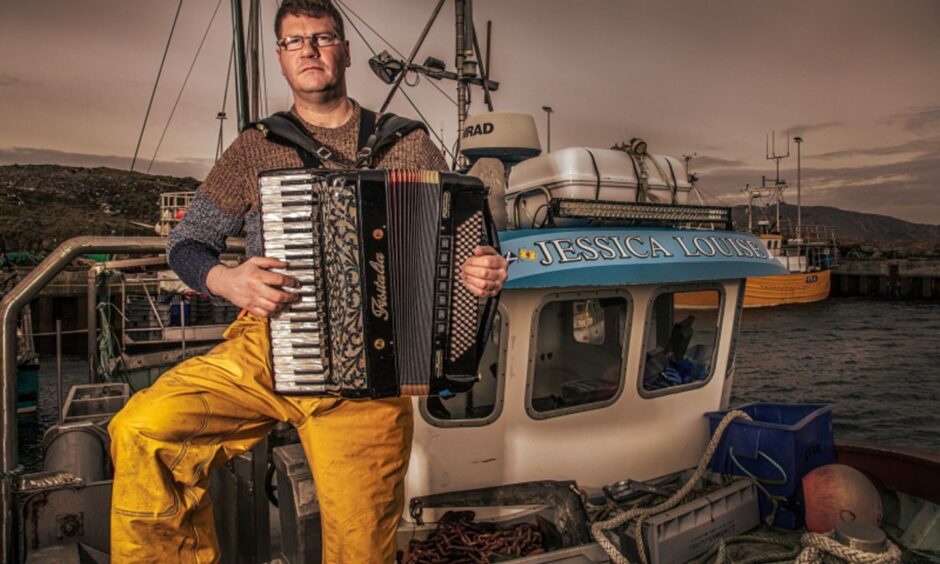Mallaig Harbour has objected to the introduction of Highly Protected Marine Areas (HMPA) in the west coast.
The proposals mean any such zones would remain free from extractive, destructive, and deposition activities while allowing tourism or recreational activities.
This would block activity related to fisheries, aquaculture and other infrastructure developments.
The Scottish Government is designating at least 10% of Scotland’s seas as HPMAs, and work is under way to find the most appropriate locations before sites are officially designated in 2026.
In response to the consultation, Mallaig Harbour Authority has raised fears about the impact of limiting fishing in the area will have on the community.
The consultation closed on Monday, but has caused controversy in fishing communities.
A song of objection to the HMPA by west coast band Skipinnish reached number seven in the mainstream charts. Orkney Council yesterday agreed to oppose any negative effects a zone would have on the island too.
HPMA proposals ‘fail to take account of small scale sustainable fishing’
In a report published on the authority’s website, it said: “Mallaig Harbour Authority are concerned that the proposals contained in the consultation to ban commercial fishing and shellfish agriculture completely within HPMAs fails take into account the small scale sustainable fishing and aquaculture which is a key part of many rural economies.
“It is difficult to reconcile the proposals contained in the consultation with the government’s own ambition to grow the blue economy.
“Whilst larger operators, in both the fishing and aquaculture industry, can relocate if proposals are brought forward, this is not the case for the smaller, less intensive, inshore fisheries undertaken over much of the West Coast.”
The authority warned of the social and economic impact of even the loss of a “small number of jobs” to the wider community, and argue this has not been taken into account.
Impact of Scottish marine protection plan will be felt in wider communities
They add: “This economic impact will also have wider consequences in terms of food security and efforts to reduce reliance on imports and encourage local food production as part of decarbonisation strategies.”
The consultation response did support an evidence-based report to select HMPAs.
It said: “Without a robust evidence base, which we have concerns does not exist at the moment for our rural coastal and island communities, the selection of HPMA sites could decimate these communities.
“Any site selection needs to recognise added value in terms of social and economic impact as well as environmental and ecological impact.”
Consultation responses are now being assessed by the government, and will be reviewed at committee level, and site visits, before proposals come before the parliament.


Conversation